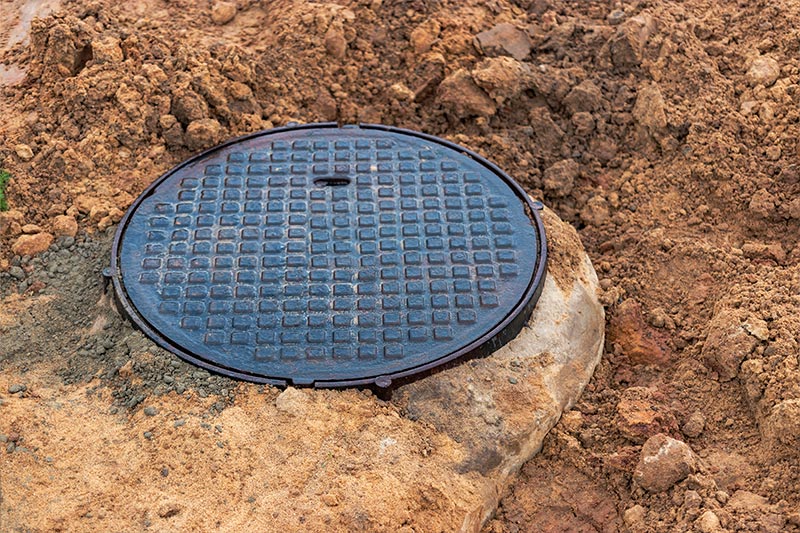
Keeping your septic system flowing smoothly is essential for the health and safety of your home and community. If you’re experiencing slow-draining sinks and toilets or foul odors in your yard, your septic system’s leach field is likely clogged. Don’t panic! With the right knowledge and tools, you can easily unclog your leach field and prevent future problems.
In this comprehensive guide, we’ll cover everything you need to know about keeping your septic system flowing and unclogging your leach field, Whether you’re a homeowner or a business owner, these tips and tricks for drain cleaning in Staten Island, NY, will help you maintain a healthy septic system for years to come.
Signs of a Clogged Leach Field
The first step in keeping your septic system flowing is to know the signs of a clogged leach field. Here are the three most common signs:
Slow Draining Sinks and Toilets
A clogged leach field is a possible reason for slow-draining sinks and toilets. This blockage can be caused by the build-up of solids like grease, food particles, or hair in the pipes leading to the septic tank.
Foul Odors
If you notice a foul odor in your yard, it could be a sign that your septic system is backing up. The odor is caused by the buildup of gases in your septic tank, which can’t escape because of the clogged leach field.
Standing Water
Your septic system is likely backing up if you see standing water or wet spots in your yard. The clogged leach field prevents the water from draining properly, causing it to pool in your yard.
Preventative Measures
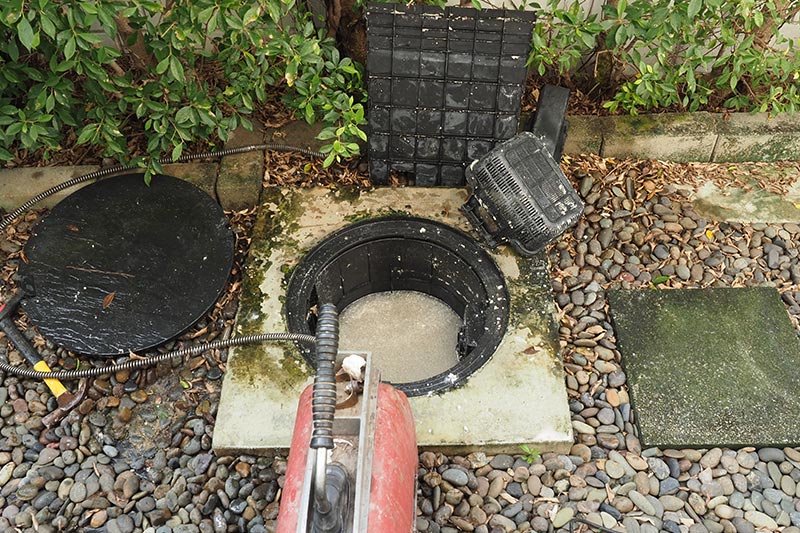
Now that you know the signs of a clogged leach field, let’s talk about how to prevent it from happening in the first place. Here are some preventative measures you can take:
Regular Septic System Pumping
One of the most effective ways to prevent a clogged leach field is to have your septic system pumped regularly. A professional drain cleaning service can pump your tank and remove any accumulated solids.
Limiting Water Usage
Using too much water can overload your septic system and cause it to back up. Try to limit your water usage by taking shorter showers, fixing leaks, and running appliances like dishwashers and washing machines only when necessary.
Proper Disposal of Waste
Be mindful of what you flush down your toilet or put down your sink. Never flush non-biodegradable items, like wipes or feminine hygiene products, down the toilet. Also, avoid pouring cooking grease down the sink.
Avoiding Certain Materials
Some materials, like paper towels or cat litter, can clog your septic system and should never be flushed down the toilet. Similarly, avoid using harsh chemicals, like bleach or drain cleaners, as they can damage your septic system’s delicate balance.
How to Unclog a Leach Field
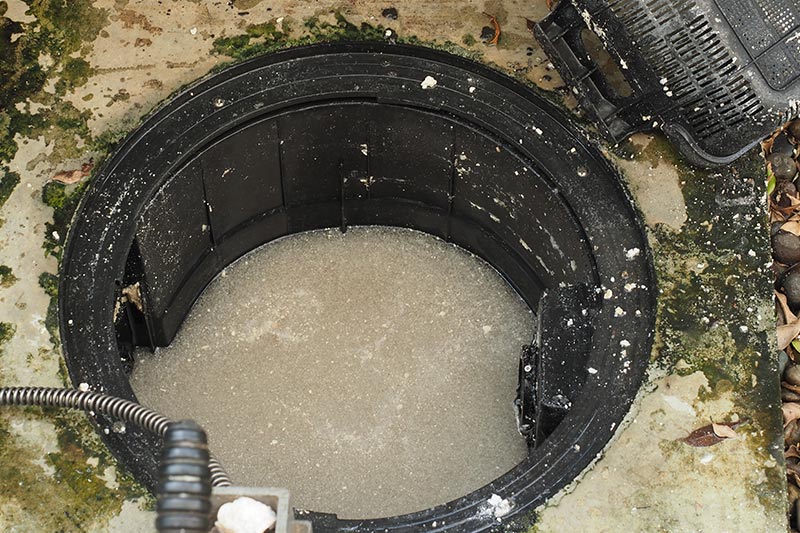
If you’ve tried preventative measures and still find yourself with a clogged leach field, don’t worry. Here are the steps you can take to unclog it:
Conducting a Site Assessment
The first step in unclogging a leach field is to locate the problem area. This will involve digging up your yard to expose the septic system pipes and identifying the source of the clog.
Digging and Exposing the Problem Area
Once you’ve located the problem area, you’ll need to dig up the soil to expose the septic system pipes. Wear protective gear, like gloves and a mask, to avoid exposure to hazardous materials.
Identifying the Cause of the Clog
Once you’ve exposed the pipes, you’ll need to identify the cause of the clog. This could be anything from tree roots invading the pipes to an accumulation of solids like grease or hair.
Removing Debris and Solids
Once you’ve identified the cause of the clog, you’ll need to remove any debris or solids that are blocking the pipes. You can do this by hand or by using specialized tools like a plumbing snake or a hydro jet.
Flushing the System with Water
After removing the debris and solids, you’ll need to flush the system with water to clear out any remaining clogs. This can be done by running a hose down the pipes or by using a hydro jet.
Using Chemical or Natural Treatments
If an accumulation of solids causes the clog, you may want to consider using a chemical or natural treatment to break down the materials. Be sure to follow the instructions carefully to avoid damaging your septic system.
Post-Unclogging Maintenance
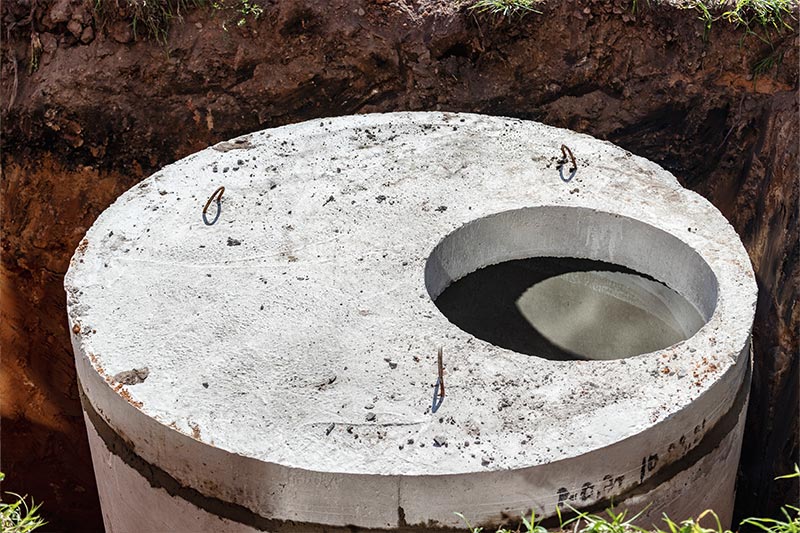
Once you’ve successfully unclogged your leach field, it’s important to take steps to prevent future clogs. Here are some post-unclogging maintenance tips:
Replanting Grass and Landscaping
After digging up your yard to expose the septic system pipes, you may need to replant grass and landscaping. Be sure to use native plants and grasses that are well-suited to the soil and climate in Staten Island, NY.
Implementing Preventive Measures
To prevent future clogs, make sure to implement the preventative measures we discussed earlier, like regular septic system pumping, limiting water usage, proper disposal of waste, and avoiding certain materials.
Regular Septic System Inspections and Maintenance
Make sure to schedule regular septic system inspections and maintenance with a professional septic system service. This will help identify any potential issues before they become major problems.
Knowing When to Call a Professional
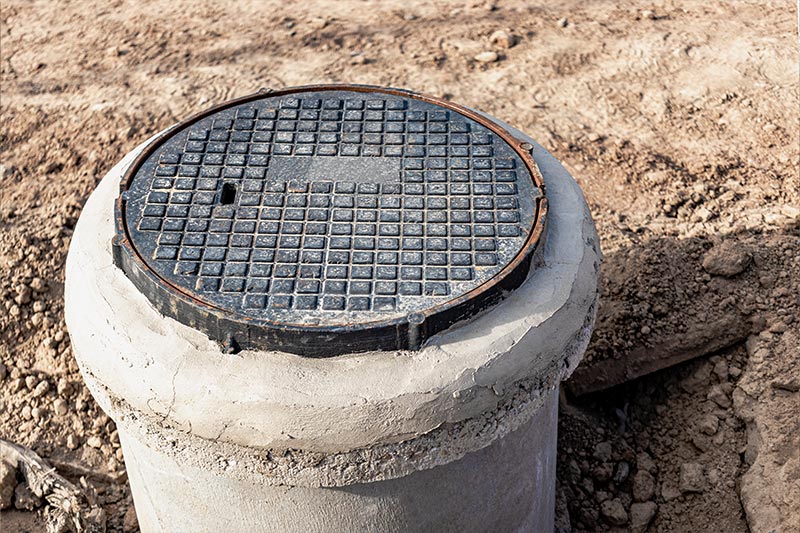
When dealing with a clogged leach field, sometimes DIY solutions may not work, and it’s best to call a professional. Drain cleaning in Staten Island, NY, can be challenging, and hiring a professional drain cleaning service can save you time, money, and hassle in the long run.
Some signs that indicate that you need a professional include:
- Strong foul odors
- Raw sewage backups
- Standing water
- Slow drainage despite DIY efforts
- Gurgling noises in your pipes
Benefits of Hiring a Professional Drain Cleaning Service
There are many benefits to hiring a professional drain cleaning service to handle your clogged leach field. Some of the benefits include:
Experience and Knowledge
Professional drain cleaning services have the necessary experience and knowledge to handle any clogged leach field. They understand how the septic system works and can quickly identify the cause of the problem.
Proper Tools and Equipment
Professional drain cleaning services have the proper tools and equipment to handle clogged leach fields. They have access to specialized tools like plumbing snakes, hydro jets, and camera inspections that can quickly identify and resolve the problem.
Time and Cost Savings
Hiring a professional drain cleaning in Staten Island, NY, can save you time and money in the long run. They can quickly and efficiently resolve the issue, preventing further damage to your septic system and saving you from costly repairs.
Tips on How to Hire a Professional Drain Cleaning Service
When hiring a drain cleaning service in Staten Island, NY, there are a few things to remember to ensure that you’re hiring a qualified and experienced professional. Here are some tips:
Research and Read Reviews
Before hiring a professional drain cleaning service, research them online and read reviews from previous customers. This will give you an idea of their experience and customer satisfaction.
Check for Licensing and Insurance
Make sure that the professional drain cleaning service you’re hiring is licensed and insured. This will protect you from any liability in case of an accident or damage to your property.
Ask for Estimates
Ask for estimates from multiple professional drain cleaning services before making a decision. This will give you an idea of the average cost and help you make an informed decision.
Conclusion
Maintaining a healthy septic system is essential for the health and safety of your home and community. Following the preventative measures we discussed and knowing how to unclog a leach field, you can keep your septic system flowing smoothly for years. Remember to schedule regular inspections and maintenance with Drain Cleaning Pros Staten Island and to call them if you need any help with drain cleaning in Staten Island, NY. You can prevent costly and hazardous septic system problems by taking action now.
